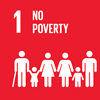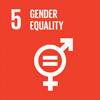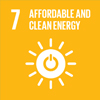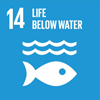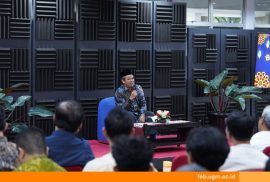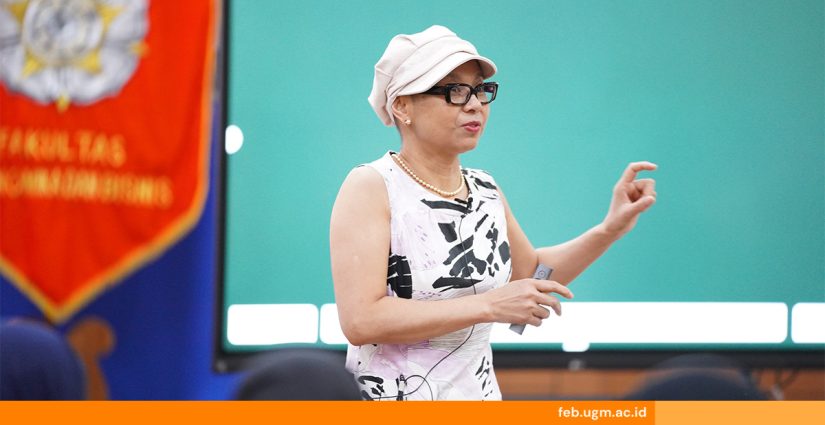
An expert in Entrepreneurship and the Circular Economy from Nanyang Technological University, Singapore, Prof. Lerwen Liu, encouraged the younger generation to support sustainability, especially the circular economy, actively. She conveyed this message during her presentation titled “Can Young People Drive Circular Economy Transition? Empowering the Next Generation to Rebuild Our Relationship with Nature” on Wednesday, the third day of the Global Summer Week (July 16).
She began the session by inviting participants to define “sustainability” from their perspectives and experiences. Some ideas from the discussion included meeting current needs without sacrificing the future, balancing environmental, social, and economic aspects, and the connection to health, well-being, and long-term economic growth. Through these insights, she emphasized the importance of empathy toward ecological impacts.
“Right now, all of you have batteries in your electronic devices. Those batteries come from minerals extracted from the Earth. To obtain them, we must deforest by cutting down forests,” she explained.
Prof. Liu further highlighted that food production contributes to over a quarter of global emissions, with agriculture playing a significant role. Data from the Food and Agriculture Organization of the United Nations (FAO) shows that agriculture is the third-largest contributor to the global carbon footprint, consuming 70% of the world’s freshwater. Moreover, eutrophication results from chemical fertilizers, pesticides, and other chemicals applied in farming.
“There are so many examples in our society where people throw away rice just because it’s cold, and it simply turns into waste,” she added.
She explained the production process of rice, which reveals significant losses throughout the supply chain—around 5.65% at the farm level, 2.65% during storage, 3.6% during milling, and about 1% during distribution.
“After milling and distribution, some rice rots or expires before it’s even consumed. This shows the importance of a circular economy approach to manage agricultural waste and maximize the use of leftover harvests,” she emphasized.
Prof. Liu also proposed that we rethink the value chain from the beginning—resource extraction, production, food consumption, and waste management.
“A circular economy is end-to-end. Rice production generates residues often treated as waste, such as rice straw, husks, and bran. But from a scientist’s point of view, these contain cellulose, lignin, and silica. If you’re an entrepreneur, you see these as business opportunities. If you’re an engineer, you can process them into building materials, packaging, or energy sources,” she explained.
She stressed that all these solutions rely on access to technology, farmers’ knowledge, and system support and investment from the government. For instance, many Asian farmers burn agricultural residues not because they don’t care about the environment, but due to limited technology and funding.
She believes that better food production planning, wise use of waste, appropriate technology for farmers, policy interventions, and government and private sector support and subsidies are essential to realizing a circular economy. Equally important are actions consumers can take, starting from small habits such as bringing reusable water bottles and shopping bags, and reducing impulsive purchases. Humans can accelerate the Earth’s recovery through green growth by leveraging capital, technology, and knowledge.
Reporter: Shofi Hawa Anjani
Editor: Kurnia Ekaptiningrum
Sustainable Development Goals
